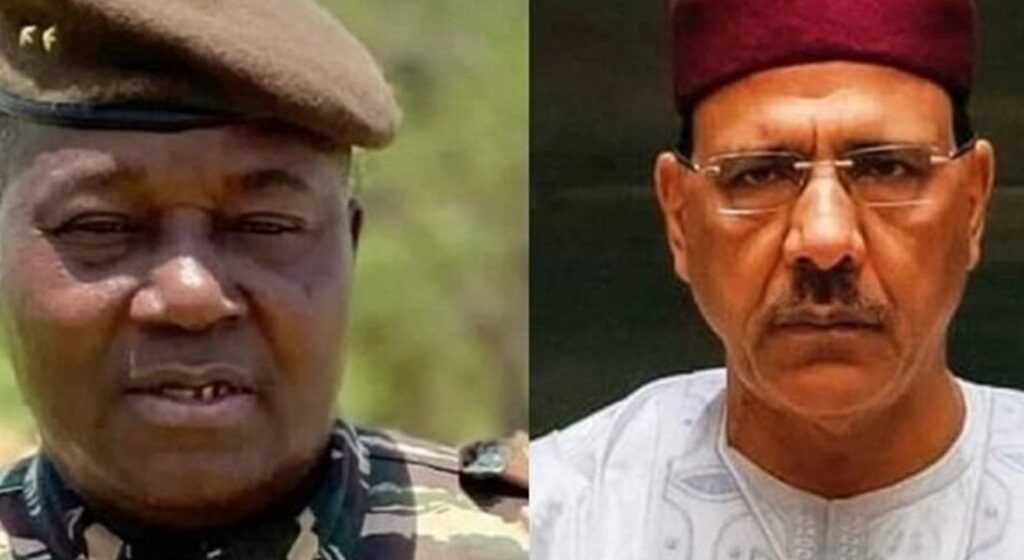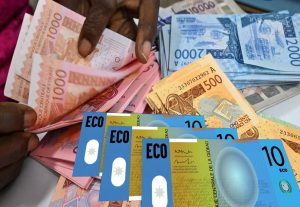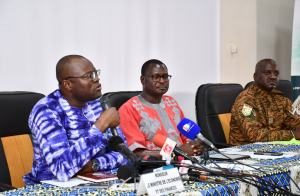Niger/Bazoum case: Can the deposed president be released as required by ECOWAS?

In the wake of its 64th ordinary summit held in Abuja on December 10, ECOWAS has stipulated the release of deposed President Bazoum as a prerequisite for initiating genuine dialogue with the military regime in Niger. This condition is also tied to the potential easing of economic and financial sanctions imposed on Niger following the coup d’état on July 26, 2023.
As of now, the ruling National Council for the Safeguard of the homeland (CNSP) has not officially responded to ECOWAS’s request.
However, General Abdourahamane TIANI, the president of the transition, has shed light on the reasons behind keeping the former president and his family at the presidential residence.
According to General TIANI, releasing Bazoum immediately after the coup would have posed a serious threat to national security.
The danger emanated from the looming prospect of military aggression in the days following the coup, originating from allies of Bazoum, notably France and ECOWAS.
In a recent interview, General TIANI disclosed that France had already deployed troops within Niger’s borders, anticipating an offensive immediately upon Bazoum’s release.
Alongside France and ECOWAS, there are also former regime dignitaries who, according to the transitional president, have established a resistance government in Abuja.
They are reportedly awaiting the release of their leader to take action, with the support of France.
All these factors complicate the release of Bazoum and impede ECOWAS and Niger’s commitment to engaging in negotiations to resolve the country’s socio-political crisis.
Despite these challenges, reports suggest that behind-the-scenes mediation efforts are underway to find common ground between the conflicting parties.
Read also: Trilateral meeting: The Heads of State of Togo, Niger, Mali and Burkina Faso continue their discussions on security in the region
Titi KEITA












